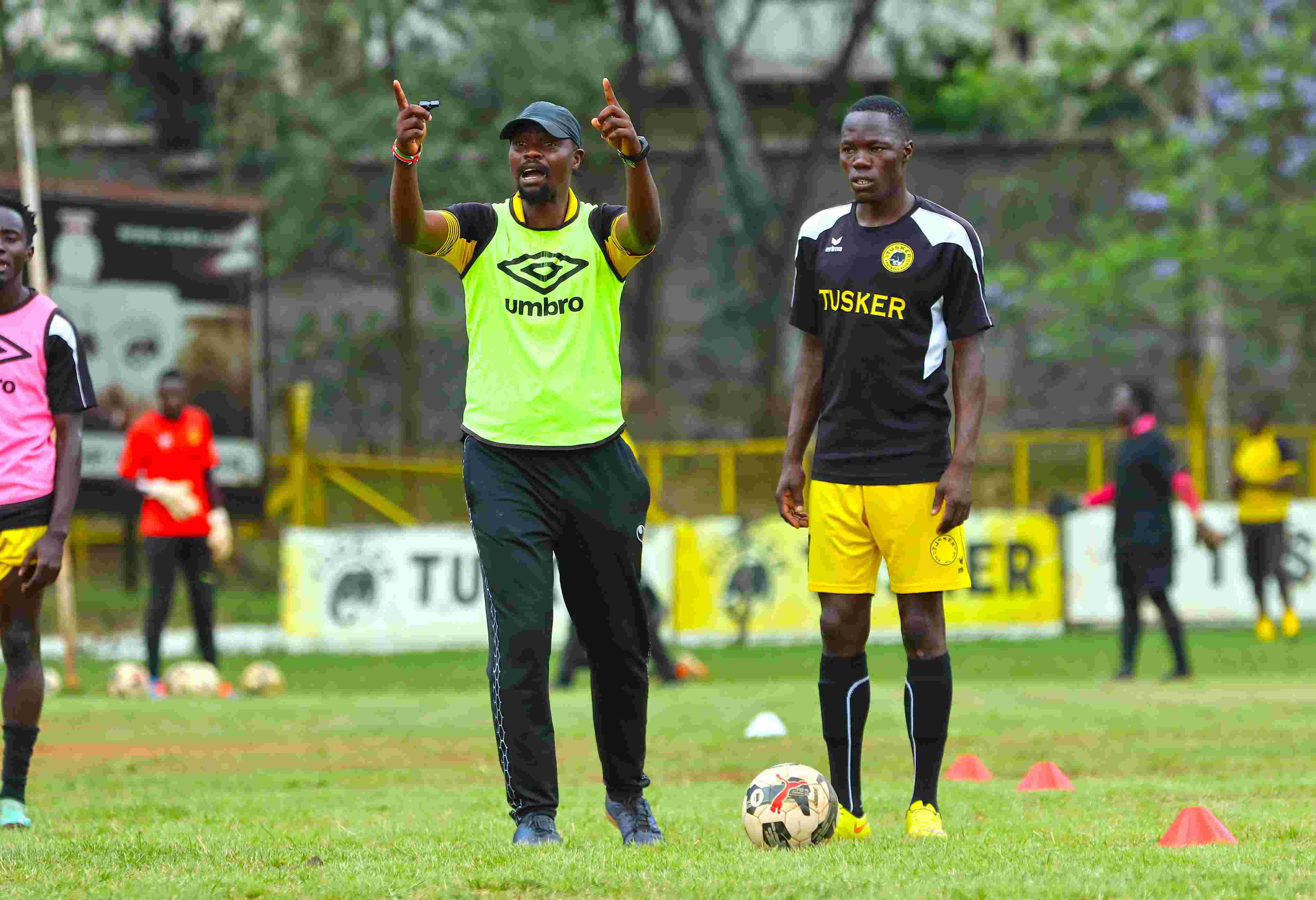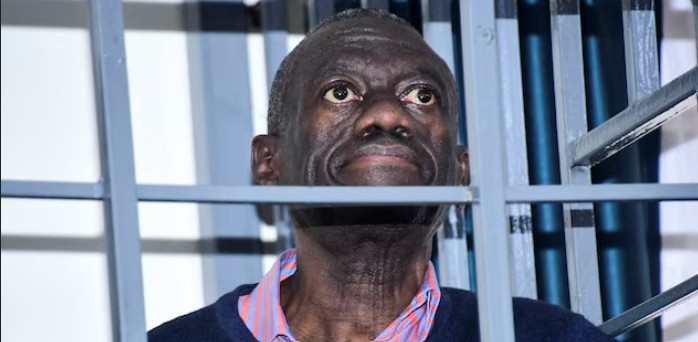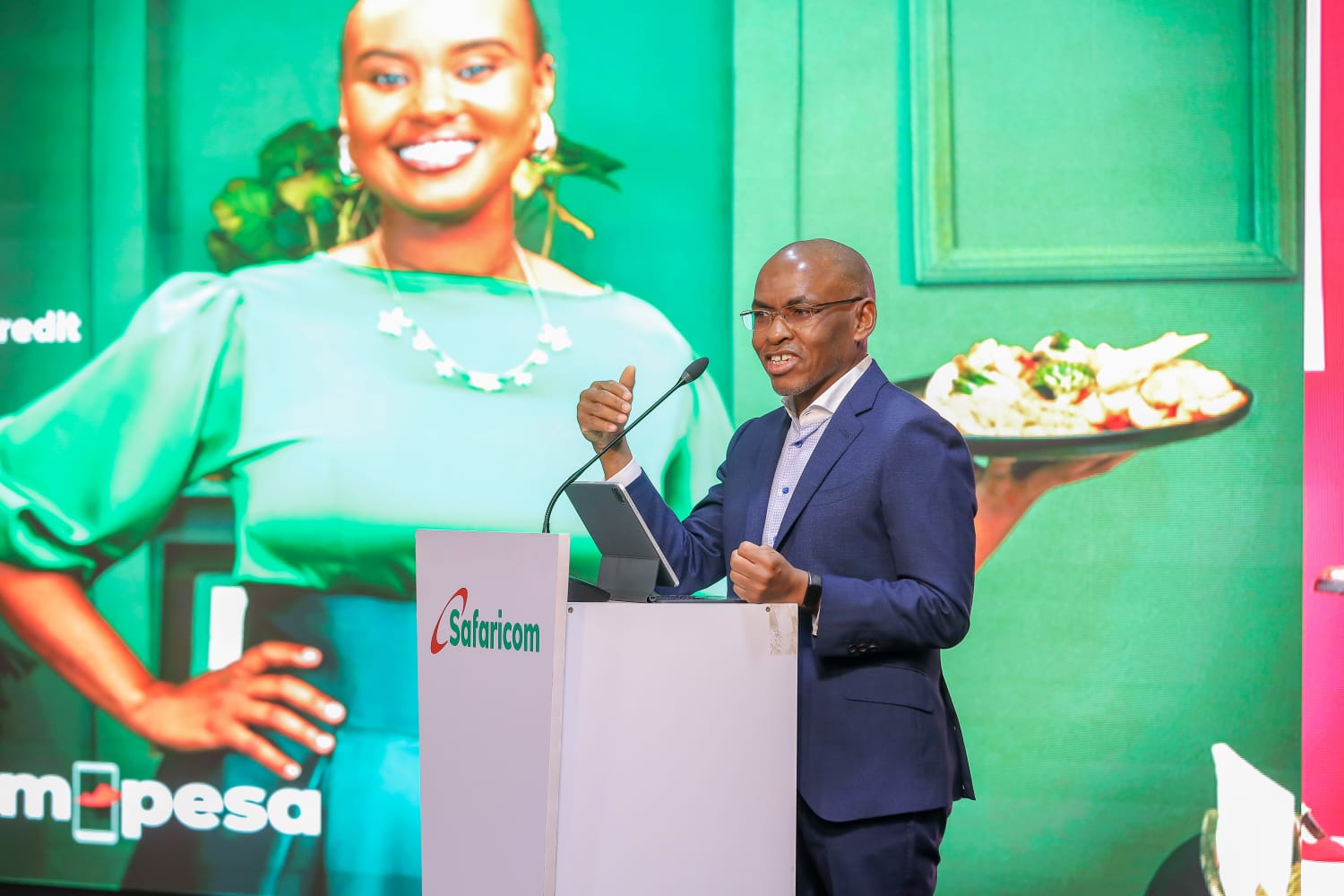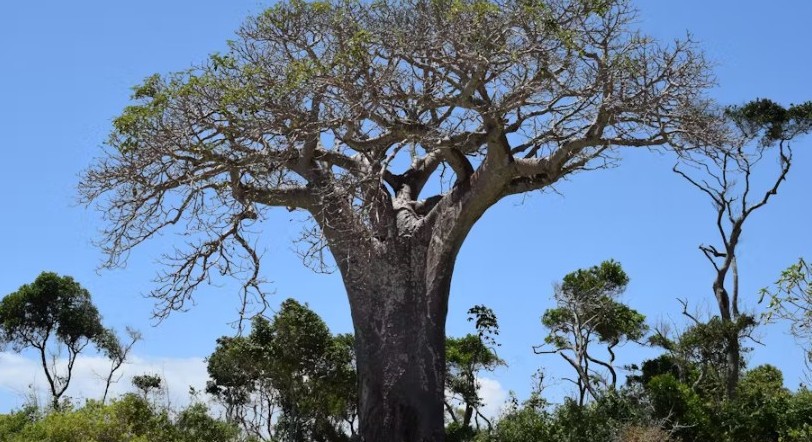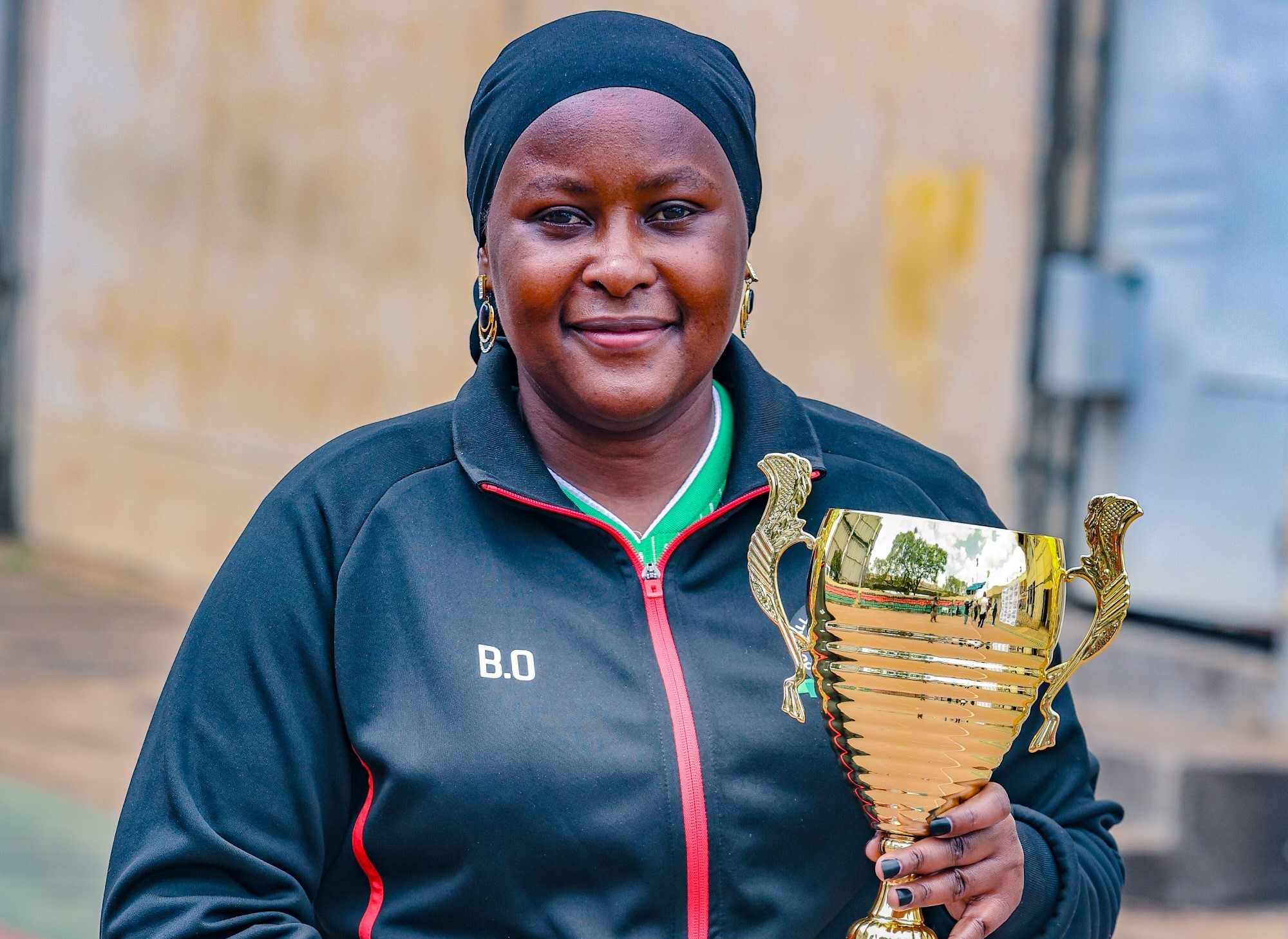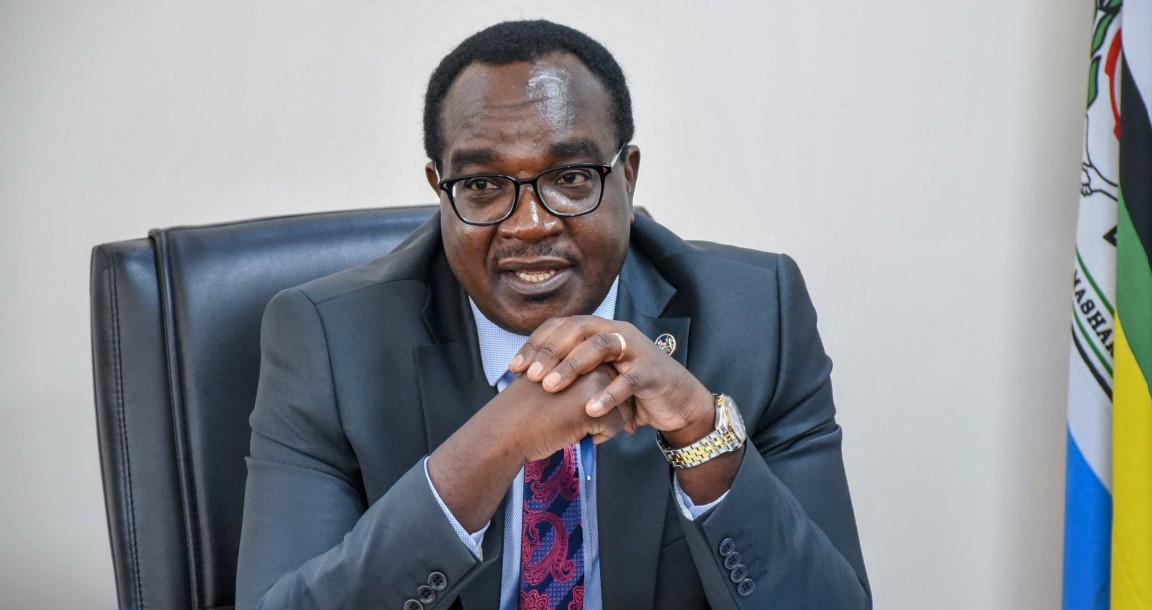African civil society coalition condemns Tanzania’s post-election violence, urges urgent regional action

The groups warn that the country is facing its worst human rights crisis in decades and are calling for urgent regional and international intervention.
A coalition of nearly 40 civil society organisations across Africa has condemned widespread violence, human rights violations, and alleged electoral irregularities in Tanzania following the October 29 general elections.
In a statement on Thursday, the groups warn that the country is facing its worst human rights crisis in decades and are calling for urgent regional and international intervention.
More To Read
- Government probes fatal shooting of Kenyan teacher during Tanzania election protests
- Mudavadi, Tanzanian counterpart discuss Kenyans’ safety amid crackdown on election protests
- Government urges Kenyans to help identify citizens at risk abroad amid Tanzania unrest
- Election-linked internet shutdown cost Tanzania Sh30.7 billion, report reveals
- Kenyans in Tanzania advised to remain vigilant as High Commission reopens
- Rights group, MP Babu Owino, call for urgent state intervention over Kenyans affected by Tanzanian poll violence
The coalition highlighted reports of mass killings, enforced disappearances, arbitrary arrests, and the suppression of independent media and civil society in the lead-up to, during, and after the elections. Opposition presidential candidate Tundu Lissu was jailed, while another, Luhaga Mpina, was disqualified. The organisations say these actions, combined with the muzzling of critical voices, created an uneven electoral environment and prevented a legitimate vote.
"It is deplorable that, despite numerous earlier warnings that the conditions leading up to the elections had fallen catastrophically short of minimum standards for democratic elections, the incumbent president, Samia Suluhu Hassan, ignored calls and voices from within the country and outside to engage in meaningful dialogue to prevent the kind of crisis we are witnessing," they stated.
"Footage received through various media, and verified through independent sources, indicates a remarkably low voter turnout, as the voting process was disrupted by midday. A curfew was imposed by the Inspector General of Police, Camilius Wambura, over the commercial capital of Dar es Salaam, without any legal basis. It is unclear to what extent the pronouncement affected both the voting and the subsequent vote tallying."
SADC observers reported “incidents or threats of violence during voting, closing and counting processes” and were unable to access full data due to a nationwide internet outage around midday.
Civil society groups also criticised the Independent National Electoral Commission (INEC), led by Justice of the Appeals Court Jacobs Mwambegele, for declaring results in violation of Tanzanian regulations that require results to be announced first at polling stations and constituency levels. The statement warns that such actions risk plunging the country into a crisis reminiscent of Kenya in 2007.
Reports on social media and other sources indicate that scores of protesters have been killed in Dar es Salaam, Arusha, Mbeya, and other cities. While the death toll remains unverified, estimates suggest over 3,000 deaths. The Tanzanian authorities are accused of attempting to conceal the scale of the killings through mass graves, removal of bodies from morgues, hospitals, and streets, incineration, and disposal into the ocean.
The organisations also highlighted allegations that mercenaries and vigilante forces, including the Ugandan military, may have been deployed against civilians. The ongoing 72-hour internet shutdown, they note, has further obstructed access to critical information. Authorities, according to the statement, publicly admitted to throttling internet access while providing special access to election observers.
"We are appalled by the unfortunate statement by the Minister for Foreign Affairs, Mahmoud Thabit Kombo, underplaying the extent of loss of lives and, in fact, publicly admitting that authorities have 'throttled the internet and provided special access to election observers," the organisations said.
The coalition called on Tanzanian authorities to immediately stop targeting civilians, restore internet access, and accept an independent international investigation. They also urged the African Union and SADC to convene emergency meetings to address the crisis and ensure accountability, emphasising that perpetrators of crimes against humanity must face justice under international law.
"The Southern African Development Community (SADC) and, particularly, President Peter Mutharika, should immediately intervene, utilising his mandate as Chair of the Organ on Security, Defence, and Cooperation, to urge the Tanzanian Government to desist from further human rights violations, particularly the ongoing crimes against humanity. Furthermore, to deploy the SADC Electoral Advisory Council (SEAC) to immediately investigate the violence and propose the appropriate action to deal with this," they said.
The groups expressed solidarity with Tanzanians, particularly the youth, praising their courage and resilience in standing up for democracy despite the violence. The coalition pledged continued support for efforts to document abuses, advocate for justice, and protect human rights in Tanzania.
The statement was endorsed by organisations across Africa, including Tetezi Africa, PAWA254 (Kenya), AfricTivistes (Senegal), the International Commission of Jurists – Africa Program, and dozens of other national and regional civil society groups.
Top Stories Today
Reader Comments
Trending
